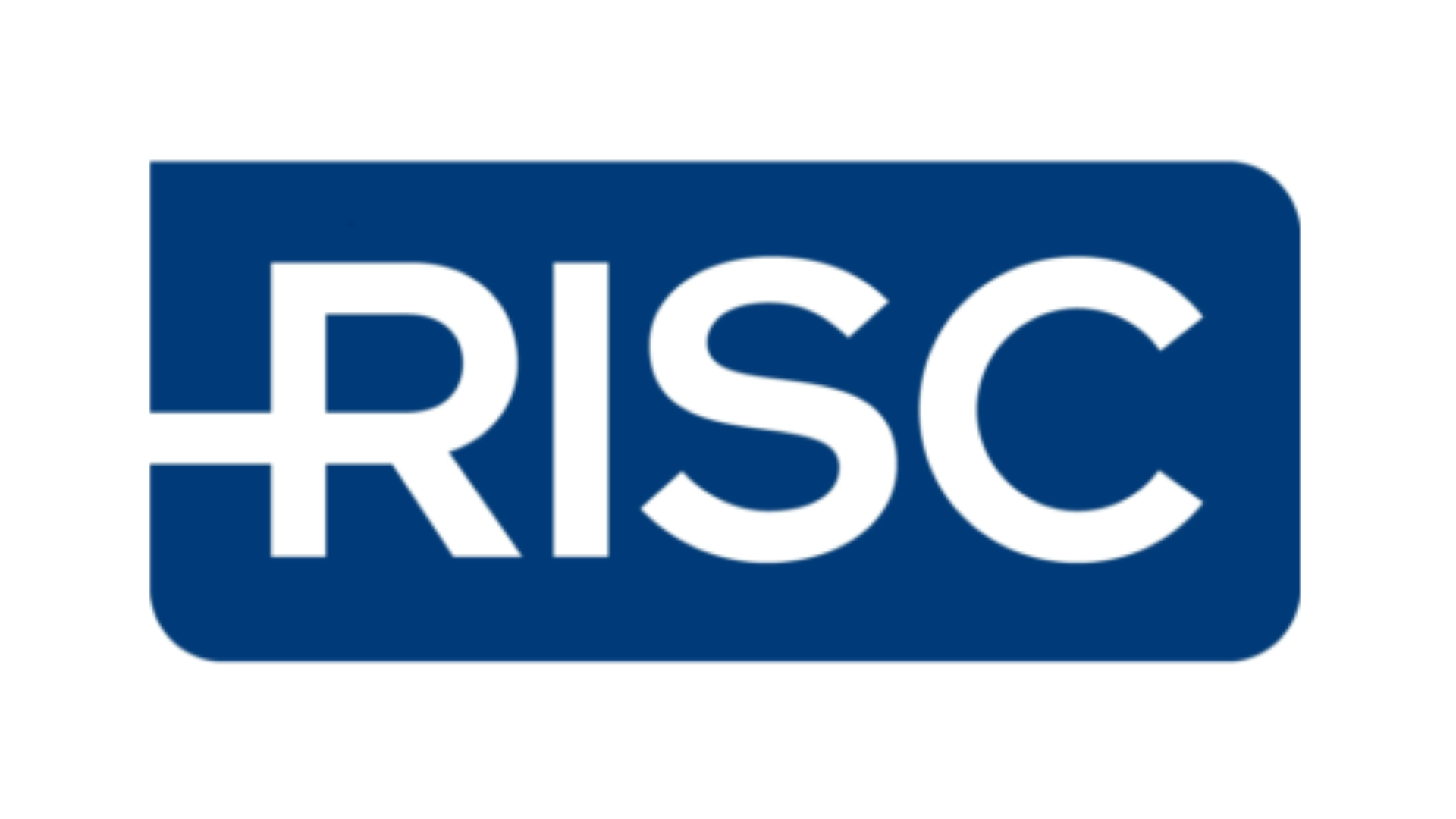
Chemical regulation might feel like a dry topic, of interest mainly to scientists and engineers. Yet chemicals are involved in every aspect our day-to-day lives, from anti-freeze to bathroom cleaner to agricultural fertiliser – and of course are vital the manufacturing sector.
The aerospace sector has a heavily integrated supply chain across Europe, and chemicals cross national borders every day without leaving the governance regime provided by the European Chemicals Agency (ECHA) and the Registration, Evaluation, Authorisation and restriction of Chemicals (REACH) regulation. As second only to Germany – with 6,200 chemical registrations to the ECHA, around 12% of the total – this makes the UK a crucial player in the cross-European chemicals supply chain.
British industry, and the aerospace sector in particular, is heavily dependent on the use and production of chemicals. One crucial example is the use of ultra-lightweight paint to produce coatings for commercial aircraft. Coatings are chemically highly complex. It is possible for a single formula to contain perhaps up to 150 different substances – each of which requires individual registration and approval. A delay in just one registration can lead to a severe delay in production – as without the right approvals manufacturers are legally required to cease the sale of their product. With these implications for the supply chain, chemicals regulation is a matter of crucial importance for the aerospace sector.
Any company still wishing to export chemicals into the EU (as they all will) must adhere to the rules and regulations of REACH. If, as some have suggested, there will be a UK-REACH and UKCHA, then companies will have to provide either the same set of information to both EU and UK bodies, or different sets of information to the two organisations. Even the costs of submitting the same information twice must impose an additional administrative burden on companies.
In addition, a substantial proportion of UK registrations under REACH (some forty percent) have been made by representatives of third countries, such as Canada. Will these be deactivated if we leave REACH? Will third countries have to apply again through representatives in one of the EU27? These questions have yet to be answered.
The Environmental Audit Committee conducted an inquiry on the future of chemical regulation over the course of last year, and their report was debated in Westminster Hall on 1 February 2018. Their conclusions match those of ADS. We must seek convergence on chemical regulations between the EU and UK, not divergence. The UK should seek to remain a member of the ECHA in order to remain under the REACH regulation, and maintain the existing registrations and authorisations of chemicals to protect our supply chains and avoid the disruption of trade.
If we leave the EU regime, it will take a great deal of time for UK regulation to be set up of sufficient robustness to convince industry and European regulators of its reliability. REACH itself is not perfect. Yet to leave it would be to create a large number of problems for noticeably little gain.





